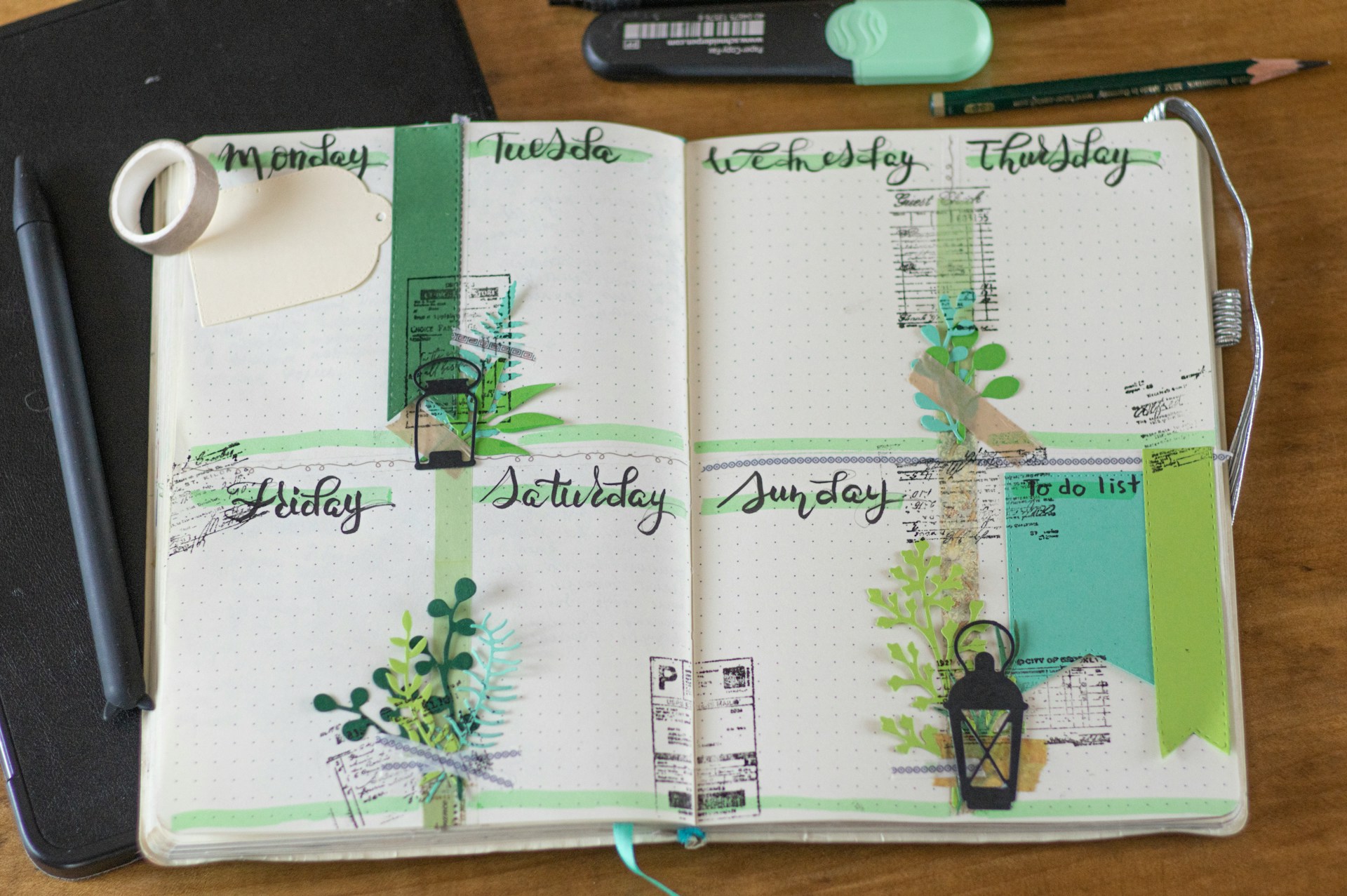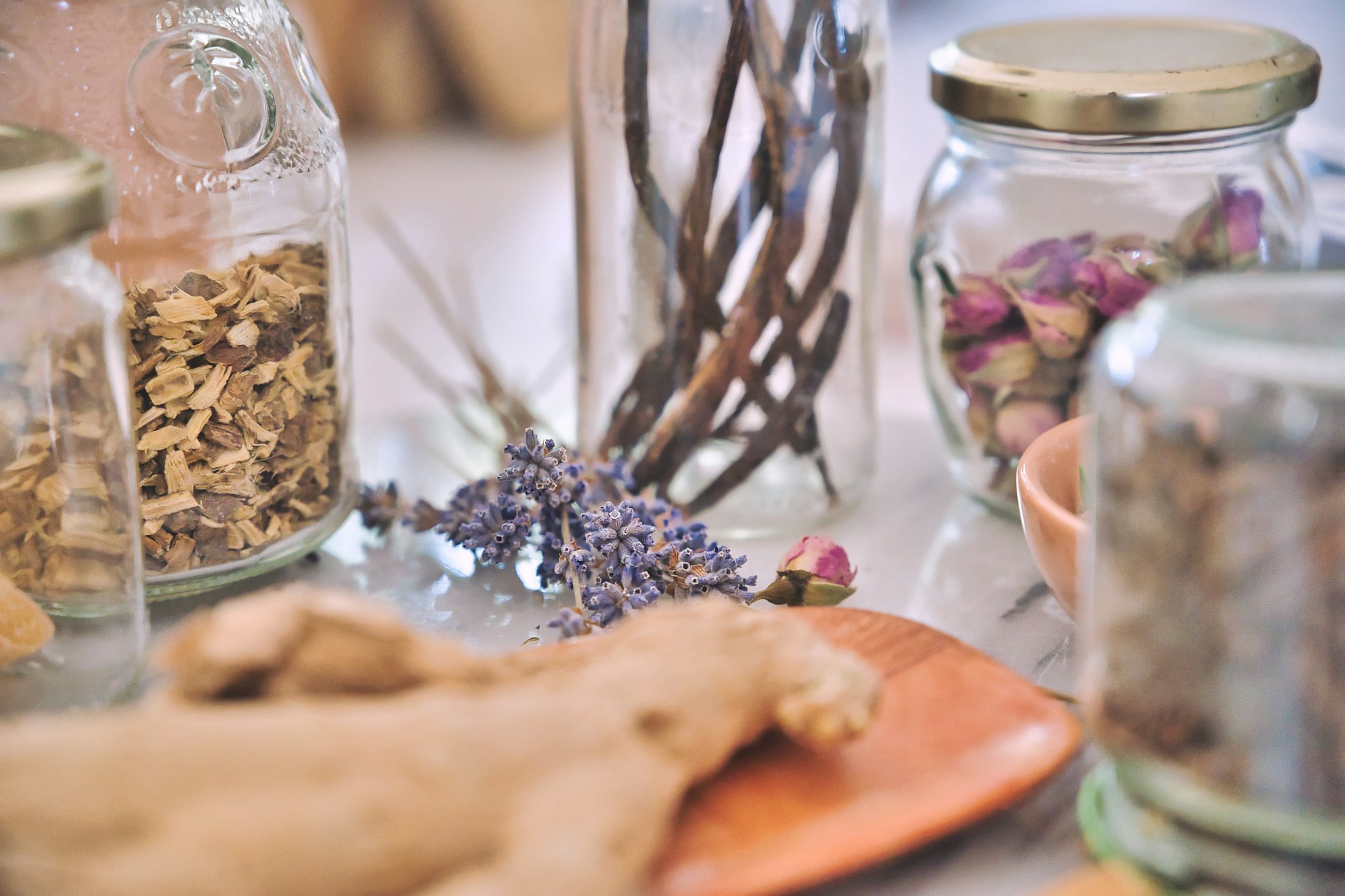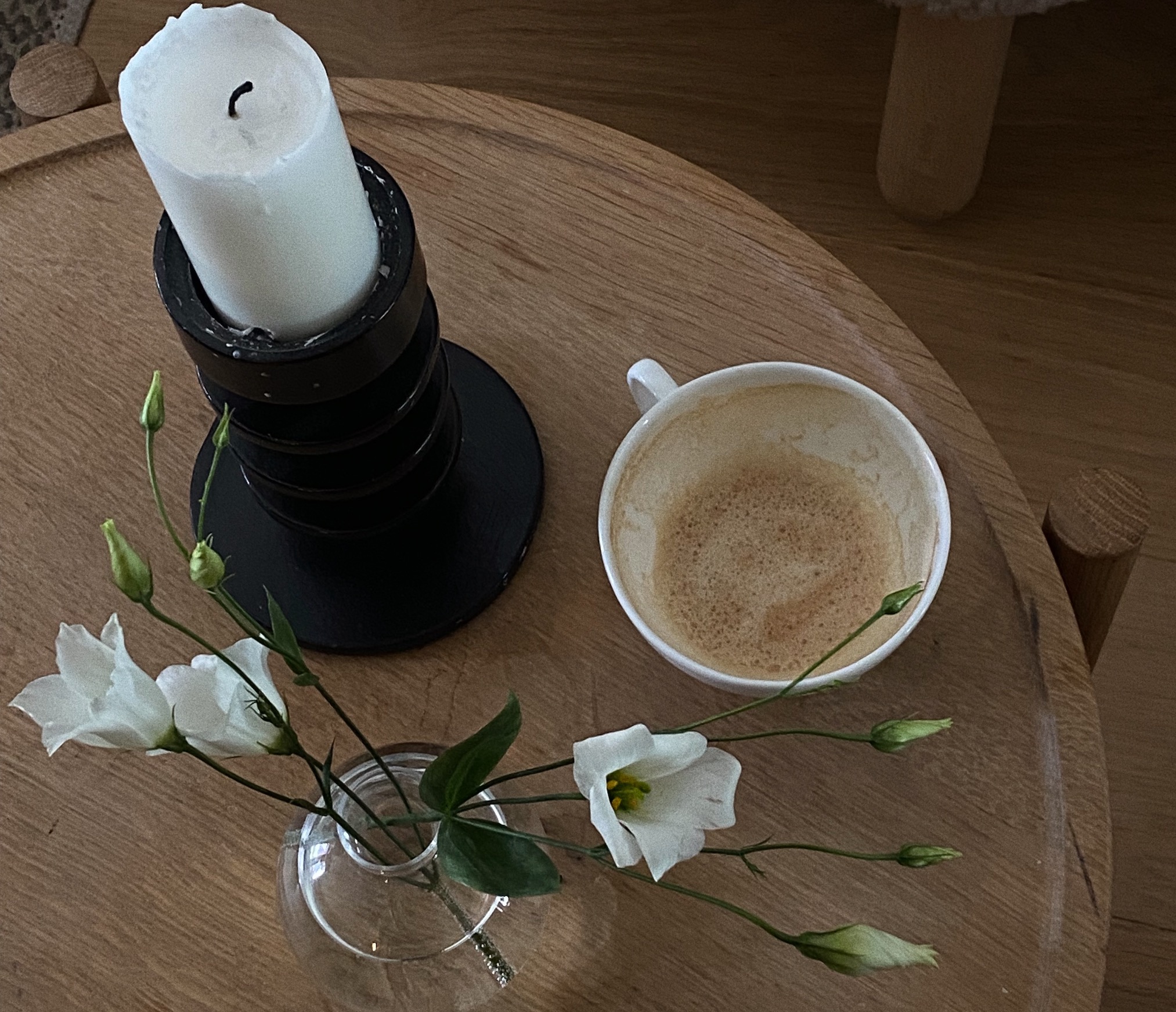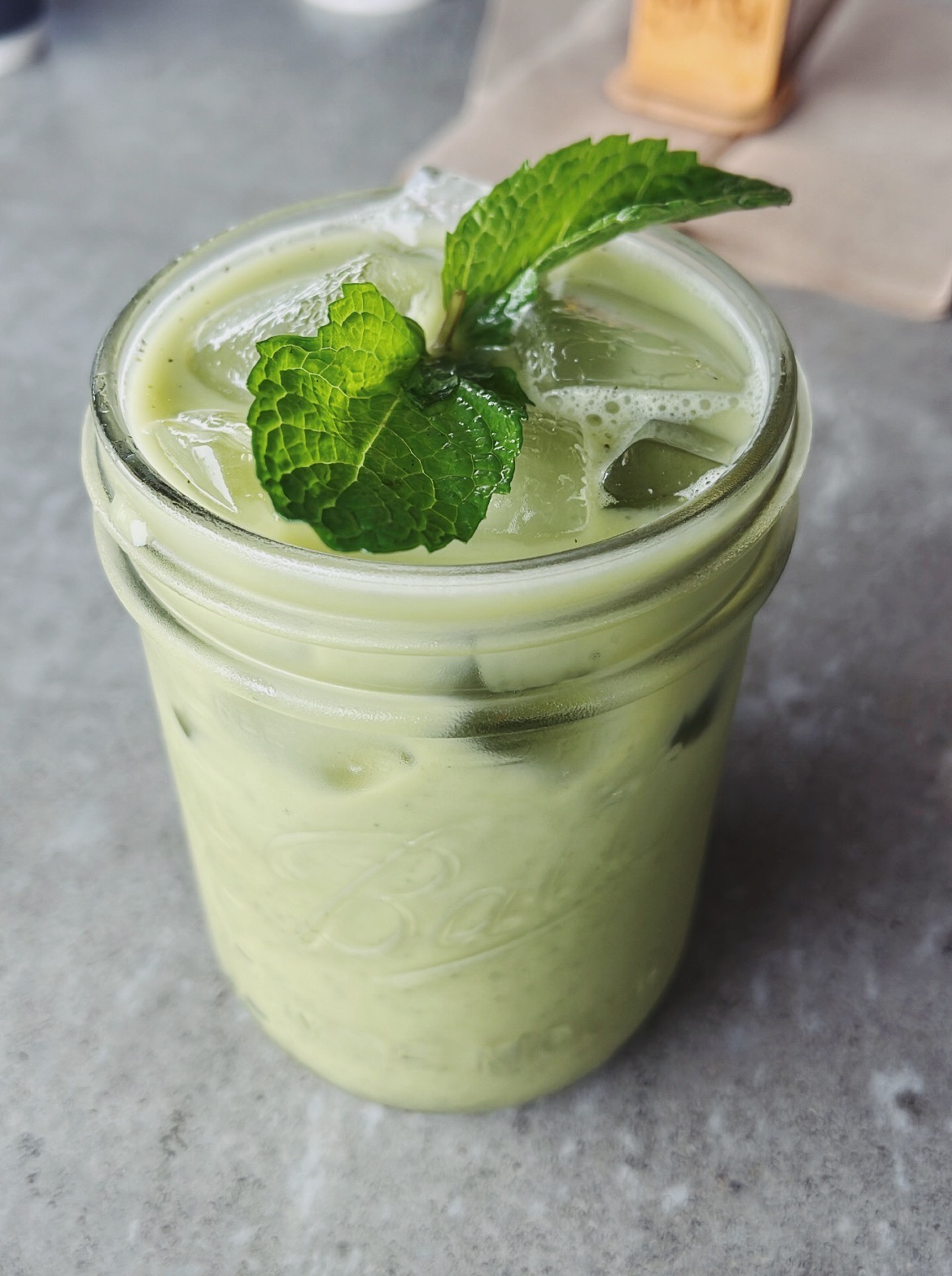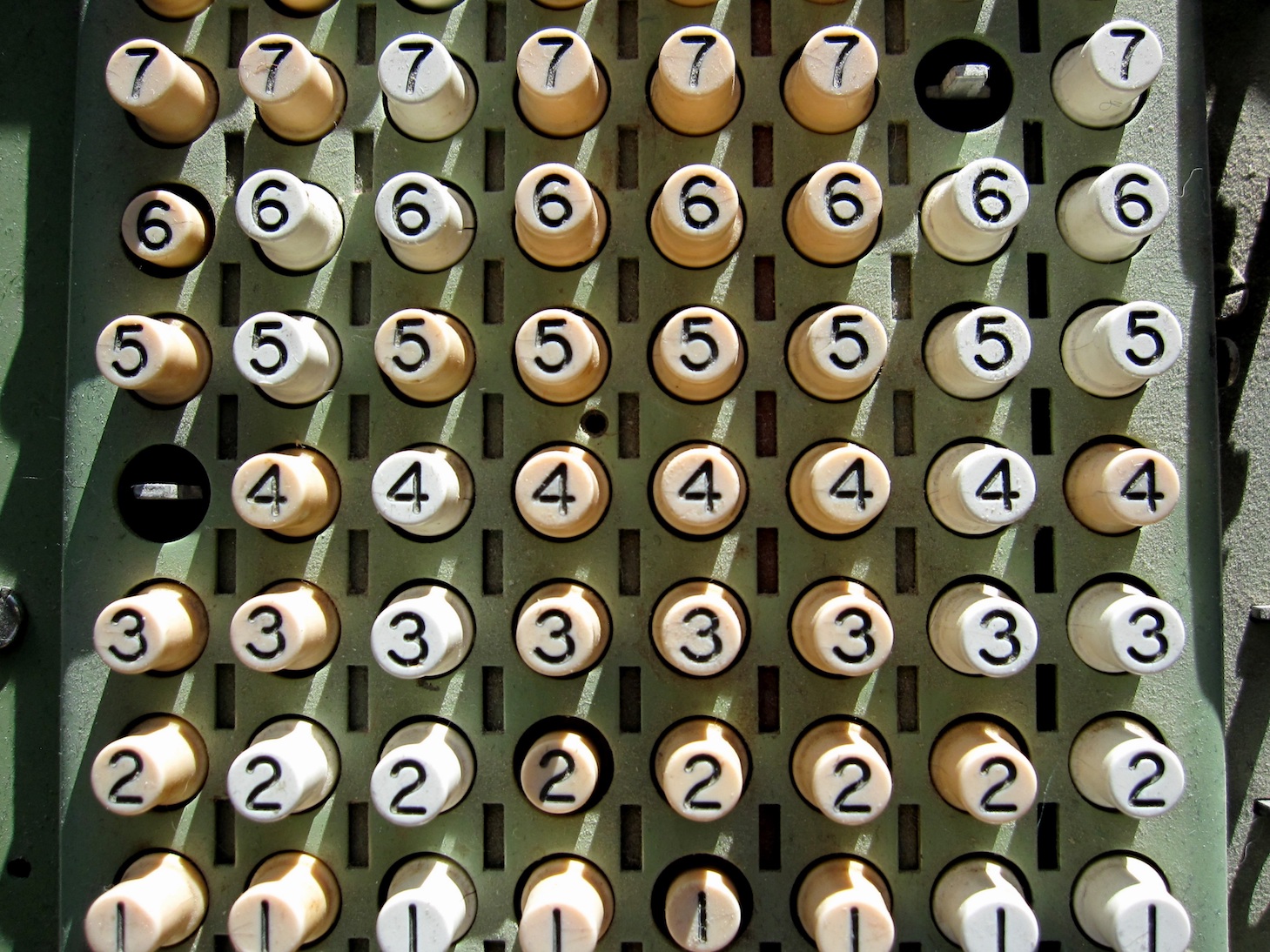Substitutions in magick are a bit like swapping ingredients in a recipe—sometimes you’re out of thyme, so you grab some oregano and hope for the best. In spellcasting, finding alternatives can be just as practical. Maybe the herb you need isn’t in your local grocery store, or you’re allergic to sage but still want to cleanse your space. That’s where substitutions come in handy, ensuring you’re not stuck waiting for a rare crystal or a specialized oil to work your magick.
This guide will show you how to make your magick personal and adaptable, giving you creative ideas and practical advice for substitutions that don’t skimp on intention.
Why Substitutions Matter in Magick
The beauty of magick lies in its flexibility, which makes substitutions a crucial part of any practitioner’s toolkit. For starters, not everyone has access to a witchy shop where they can buy precisely what’s listed in their spellbook. Sometimes, a substitution becomes necessary because of supply limitations—like when the rose petals you want for a love spell are nowhere to be found in the dead of winter.
And then there’s the personal factor: maybe some ingredients don’t vibe with you due to allergies, personal beliefs, or ethical considerations. It’s perfectly fine to switch things up so that your practice aligns with your values and wellbeing.
Finally, substitutions can bring unique energy and meaning to a spell. Each substitution you make lets you craft a one-of-a-kind ritual that reflects your story, making the magick even more personal and effective.
The beauty of magick lies in its flexibility
General Guidelines for Substitutions
When substituting, keep in mind the core principles of your practice: intent, symbolism, and the law of correspondence. The goal isn’t to swap willy-nilly but to find something that retains the spirit of the original ingredient or tool.
To do this, familiarize yourself with the attributes of what you’re substituting. Is it associated with a particular element or planet? Does it symbolize protection, love, or transformation? Matching these characteristics helps you select the best alternative.
It’s also wise to keep substitutions simple. If a particular incense isn’t available, a dried herb with similar properties can be a good stand-in. Most importantly, listen to your intuition—if a substitute feels right, that’s often a good sign you’re on the right path.
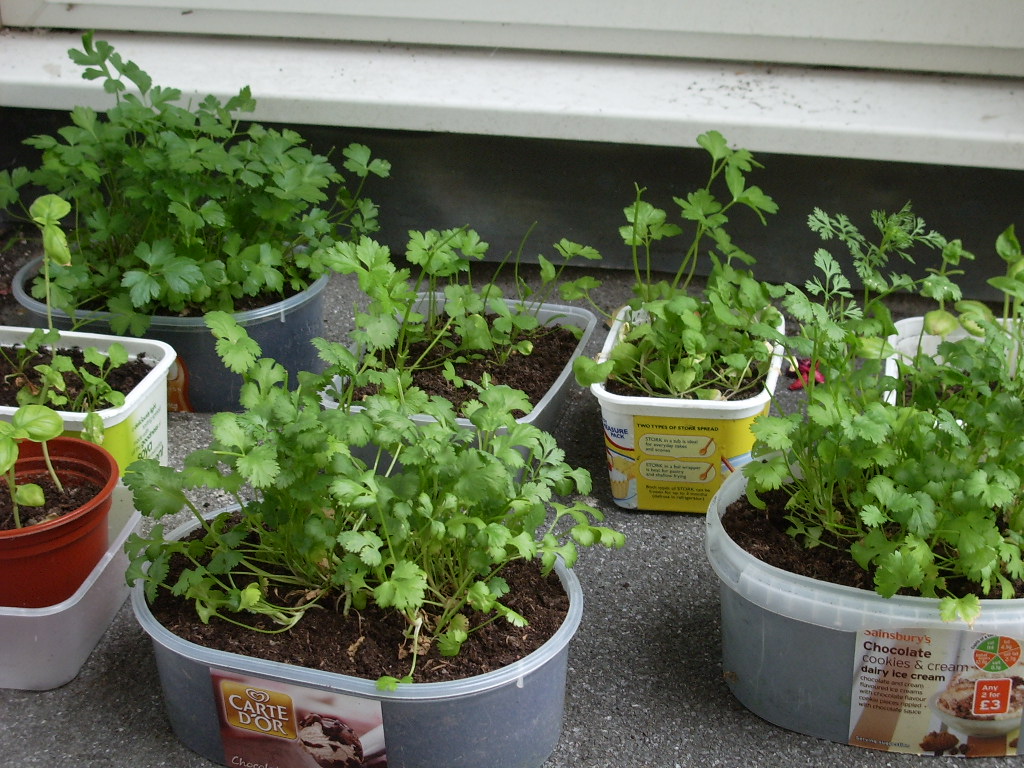
Herbs and Plants
If you’re ever missing a specific herb or plant for a spell, you’re not alone. But substitutions in this area are fairly straightforward. For example, rosemary is often touted as an excellent all-purpose herb and can be used instead of sage for cleansing or lavender when you need something calming.
If you’re looking for rarer plants like frankincense or myrrh, consider easily sourced alternatives. Cinnamon sticks can bring in warmth and purification, while eucalyptus leaves offer a fresh scent perfect for clearing negative energy.
When making substitutions, it’s essential to understand the magickal properties of the plants you’re using. Bay leaves, for instance, offer strong protective energies and can stand in for other protective herbs like agrimony or rue. Basil, commonly linked with love, can replace rose petals in a pinch.
Crystals and Stones
Crystals can get pricey, and sourcing them ethically isn’t always easy. Luckily, there are many affordable alternatives that work just as well in most spells. Clear quartz is known as an “amplifier” and can boost any intention, making it a flexible option when a specific crystal is out of reach.
If your spell calls for pricier stones like ruby or emerald, try colored glass pebbles or tumbled stones with similar hues and properties. Hematite, with its grounding properties, can be used instead of black tourmaline to ward off negativity.
Synthetics or non-crystal stones like sea glass can sometimes work too. It’s all about their color, shape, and the intention you infuse them with.
Candles and Colors
Candles add a warm glow to your altar, but sometimes finding the right color is tricky. Not to worry—you can always substitute one color for another if it shares a similar association. For example, red candles are often linked to passion and courage, but you could use a deep orange candle instead if you’re low on red.
White candles are the universal backup. They represent purity and clarity and can stand in for any color when charged with the right intention. Think of them like a Swiss Army knife for your candle magick.
You can also lean on household items like tea lights or birthday candles, which come in various colors. The key is to find the best match for your intentions.
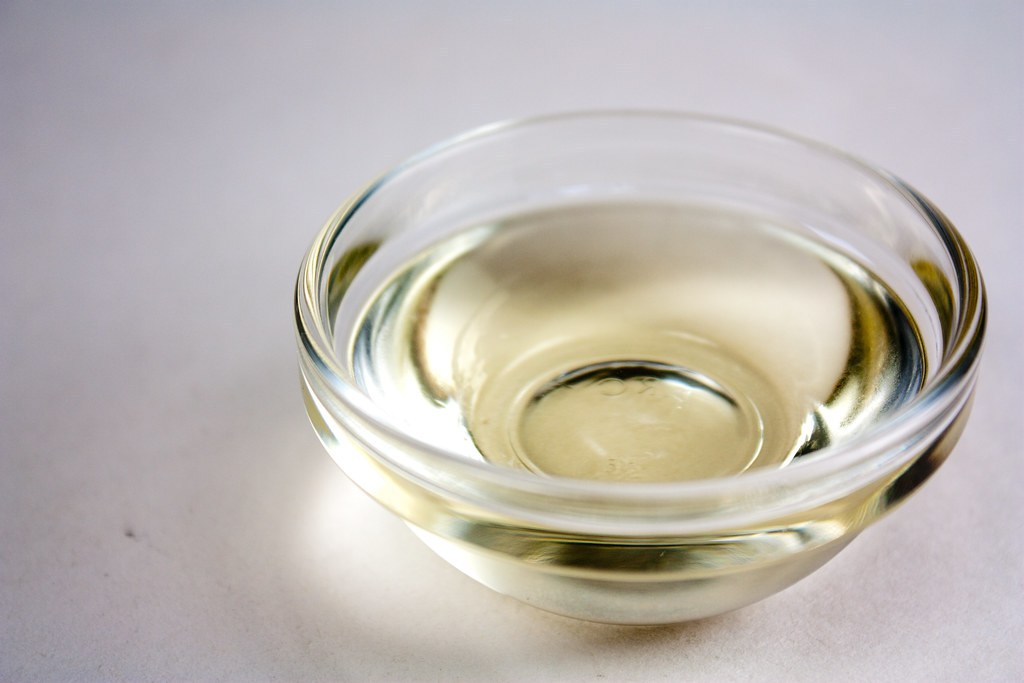
Oils and Incense
Essential oils bring a lovely scent to rituals, but they aren’t cheap or always available. No worries—infusing olive or sunflower oil with herbs works perfectly. Need rosemary essential oil for protection? Make an infusion with fresh or dried rosemary and a carrier oil like coconut or jojoba.
Incense might be the most familiar scent in spellcasting, but you can burn dried herbs or spices instead. Bay leaves, sage bundles, or a sprinkle of cinnamon in a heatproof dish all provide aroma and intention for your ritual.
If scent isn’t crucial, use a water-infused spray of herbs or floral essences as a mist around your space. You’ll get a gentle, personal substitute that still clears the air and carries your intention.
Tools and Altars
Sometimes, the perfect tool is already sitting in your kitchen. While a ritual athame is traditional, any sharp knife can work as a symbolic stand-in. A regular kitchen knife can channel intention just as well when consecrated for magickal use. And if you don’t have a cauldron lying around (who does?), a simple glass jar can contain your spells with just as much focus and flair.
Everyday items can serve as powerful symbols on the altar too. A wine glass can represent the chalice, and a large seashell makes an excellent offering dish. Think of tools not as fixed objects but as symbols whose power lies in your belief and intention.
The altar itself doesn’t need to be a specialized table with ornate decorations. A windowsill, a shelf, or a corner of your desk will do. The important part is that it feels like a sacred space where you can gather your thoughts and focus your energy.
Other Components: Words, Time, and Place
Sometimes, the right words don’t come easily, and you’re stuck searching for the perfect chant. In those cases, create your own incantation or adapt one from another ritual. Singing a familiar song or repeating a mantra is just as effective for raising energy.
Timing can be tricky if your spell calls for a specific lunar or solar phase that’s not coming up soon. No need to wait it out—you can align your ritual with a different time that’s meaningful to you. Solar noon, sunrise, or even an hour of the day that feels powerful can substitute for a particular moon phase.
Finding the perfect place can also be challenging, but creativity is key. If a traditional space like a forest clearing isn’t accessible, try a local park or a cozy nook at home. Even your backyard or a balcony can work for connecting with nature’s energies.
The Role of Intuition and Personalization
Your intuition is your best guide when deciding on substitutions. If something feels right, it’s usually a good sign that your inner wisdom is leading you in the right direction. Trust your gut and personalize your magick to reflect what resonates with you.
Personal correspondences can be incredibly meaningful when crafting a spell. For example, if a particular stone reminds you of a cherished memory or if a scent transports you to a happy time, incorporate those associations into your magick. It’s all about making the practice your own.
Remember, substitutions are opportunities to deepen your connection with the energy around you while bringing your unique touch to every ritual.
Substitutions empower you to embrace your creativity and make your magick more inclusive and flexible. Whether you’re adapting a favorite spell or improvising with what’s on hand, substitutions make your rituals unique and personal.
When crafting your spells, be bold and imaginative. Trust your intuition and use substitutions that align with your intentions and values. Remember, magick isn’t about following strict rules—it’s about the energy and intention you bring to your practice. By personalizing your substitutions, you can cast spells that are deeply meaningful and effective.



